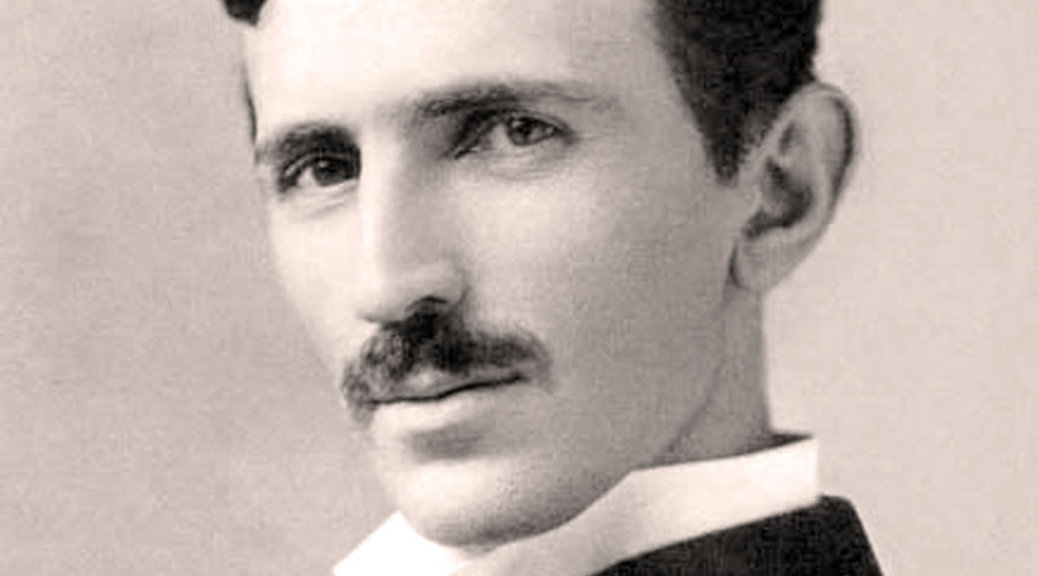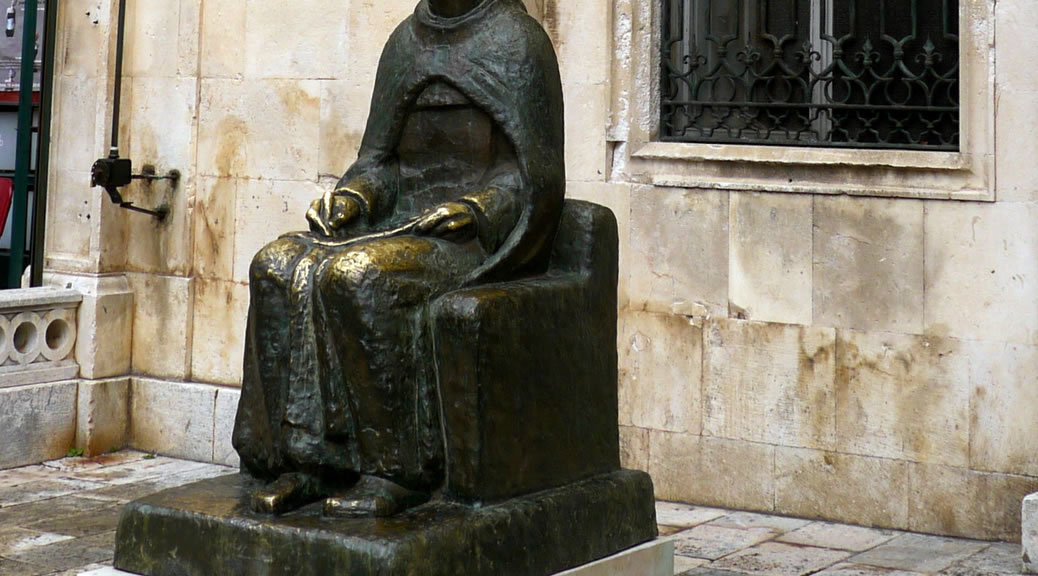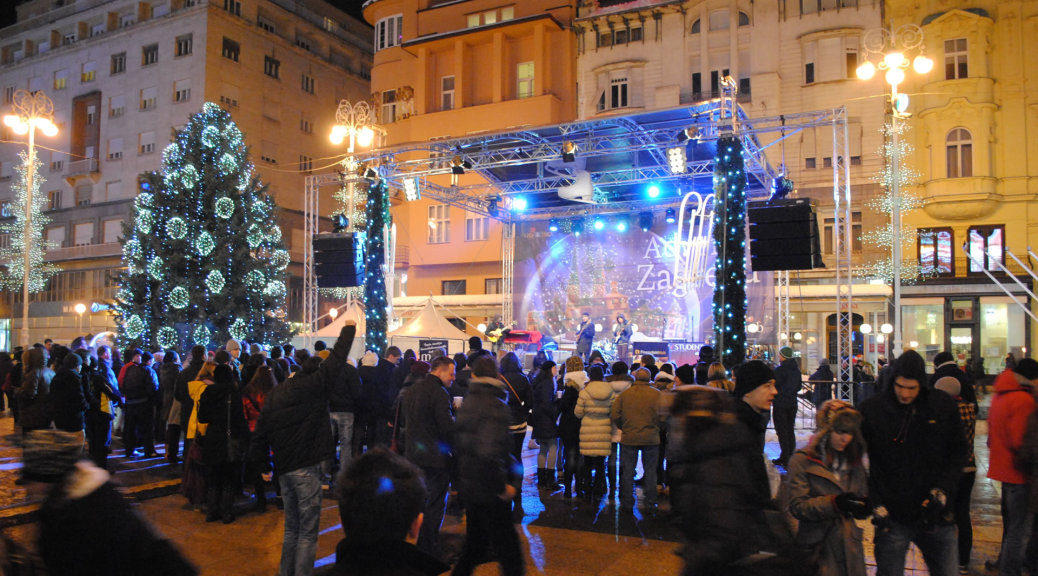Nikola Tesla, one of the most brilliant minds in history of mankind was born on 10th of July in 1856. in Smiljan, a village nearby Gospić. He was inventor and physicist born in Croatia, with Serbian origin. Father Milutin was an ortodox priest, and mother Georgina was a housewife.
Nikola Tesla never recovered from death of his older brother which was accidental. Great inventor, by Tesla’s words, who could achieve a lot. Death of his brother was the reason why Tesla subjected himself to spartan way of life, wishing to compensate family loss.
Education
Tesla attended German elementary school in Smiljan, which ended it in Gospić. He then attended Junior high school in Rakovac nearby Karlovac. His parents prepared him to be a priest, opposite to Tesla’s wishes. His father promised him further education in the best technical school in the area after spending nine months in bed because of cholera. So Tesla attended technical school in Graz, and studied in Prague a short while.
Working experience and innovations
Tesla worked in Thomas Alva Edison’s company in Paris. Among many of Edison’s inventions, the most famous one is definitely light bulb. Thanks to the construction of first inductive engine, Tesla went to United States of America and became an American citizen. He came to New York with 4 cents in his pocket, Edison employed him in his company. But they had disagreements.
First man of Westinghouse Electric Company, George Westinghouse then bought rights to Tesla’s polyphase system of alternating – driven dynamos, transformers and motors. With that patent, Tesla confronted Edison’s direct system. Tesla formed his own laboratory in which he works until his death in 1943.
He said that he wasn’t an inventor, only a “discoverer of things that exist in nature for a long time”. With discovering of alternating current, Tesla confronted Edison once again. That conflict is known as “war of currents”. In alternating current (AC) the flow of electric charge periodically reverses direction. In direct current (DC), the flow of electric charge is only in one direction. Edison tried to prove that Tesla’s alternating current is dangerous, but he didn’t succeed. Tesla even rejected Nobel prize in Physics because he was supposed to receive it together with Edison. He didn’t acknowledge Edison as a scientist worthy enough to be his co receiver of the prize.
According to Tesla, tower constructed to provide free electric energy for everyone was built nearby New York. Problem occurred when investor realized that energy couldn’t be regulated. Therefore neither charge, so tower was destroyed.
Eccentric Tesla admitted that he is really happy during spending time in his laboratory. Life in celibacy enabled him to dedicate strictly to intellectual growth. He fluently spoke 8 languages.
Tesla didn’t have many close friends, but some of important people in his life were a sculptor Ivan Mestrovic. And writer Mark Twain who wrote a novel “Mysterious stranger” based on Tesla.
Tesla was a vegetarian, careful with for his diet and was vital even in his eighties. A very tall man (199 cm), extremely fashionable. Repeatedly has been selected for the best – dressed man in New York.
He visualized from early childhood, he visualized. He first “saw” each invention and then constructed it without a single record. Realization of a childhood dream was the design and the construction of hydroelectric power plant at Niagara Falls. He invented wireless control and neon signs. Most of his inventions are hidden located far from eyes of public, because even the scientists of present time cannot comprehend mysterious Tesla’s mind.


